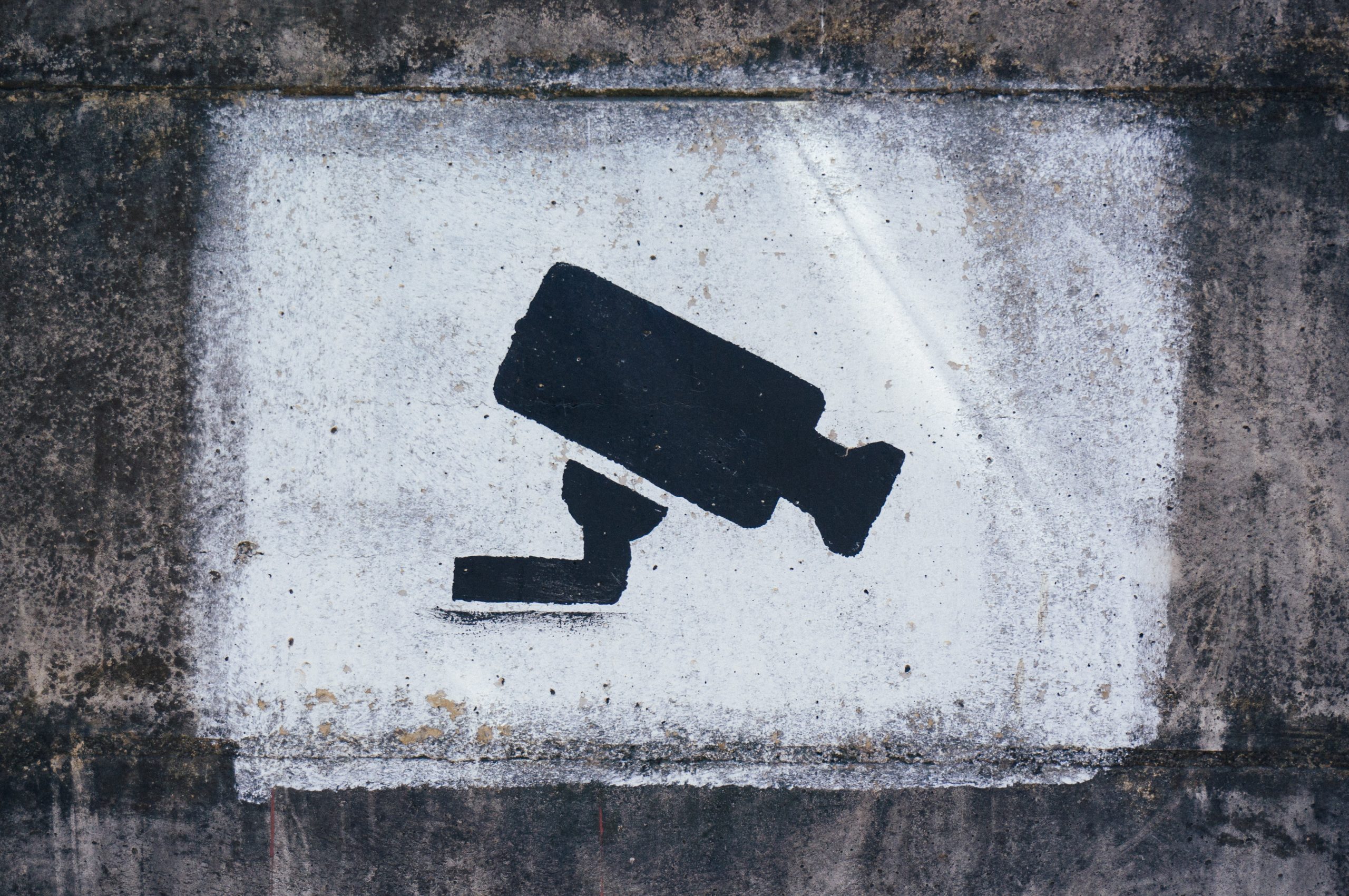Theft has likely existed for as long as people have lived together in societies. Like other crimes, theft has also no doubt evolved over the centuries as technology changed. While recent Internet technology has created an entire online universe for cybercrime, it has also enabled lower-level theft to become more organized than ever.
In recent months, especially during the 2021 holidays, the state of California has seen a wave of crimes called smash-and-grab thefts. In short, individuals have organized in bands or groups in increasing numbers to jointly steal merchandise from stores — often those that are upscale with expensive jewelry, clothing or other goods.
Because so much of the theft occurred during the holidays, there is significant reason to believe that juveniles — who were away from structured routines at school — may have made up a significant portion of the people involved, of whom there were as many as 80 in some incidents. Regardless, the robberies were extremely visible to the public, with security and cellphone video footage appearing on both local and national news, and on online news sites.
Retail theft is not particularly uncommon. However, the nature of seeing so many people running together, or packed into stores, and stealing right in front of a camera created a significant amount of fear and shock from the public. Many are now looking at ways to address this kind of crime, and that includes efforts to lower the financial threshold for petty theft.
If you or a loved one has been accused of theft, it is worth knowing how prosecutions of theft (and the more serious charge of robbery) are being viewed in an era of smash-and-grab crime, thus leading to a question of whether there needs to be a specific smash and grab California law. It is important to know what changes may be developing around these because they could have an impact on diversion programs. Such programs could be harmed or altered — intentionally or unintentionally.
PROP 47: THE WAY PETTY THEFT LAWS HAVE BEEN ENFORCED SINCE 2014
As a result of the increasing rate of smash-and-grab thefts, there has been an equally increasing public perception that certain laws regarding petty theft and related non-violent crimes as too relaxed, in particular California’s Proposition 47.
Approved by the state’s voters in 2014, the law — called the Safe Neighborhoods and School Act — intended to focus criminal justice resources (including resources spent on jails and prisons) on serious and violent crimes. By reducing incarceration for nonviolent, lower-level offenses, the goal was not only to reduce inmate crowding and recidivism — but to also save money that could then be directed into prevention and treatment programs. This obviously had significant appeal for defendants accused of a nonviolent crime.
Most notably, Prop 47 changed six offenses to misdemeanors that had been felonies. Further, it upped the threshold of what was considered petty theft from $450 to $950 (according to petty theft California penal code section 490.2). This significant increase in the threshold had widespread implications. Misdemeanors are far less serious than felonies. And while they can carry a sentence of up to one year and a fine of $1,000, most first-time offenders will not see jail time.
A common question I receive is: ‘Is petty theft the same as shoplifting?,’ My answer is that according to current law, yes — as long as the value of the theft is under $950. However, that number may soon be changing. Opponents are pointing to that particular aspect of Prop 47 and saying harsher sentencing is required in order to prevent a California shoplifting epidemic. In fairness, it’s worth noting that a study by the nonpartisan Public Policy Institute of California suggested that Prop 47 delivered a mixed bag of results including a 9% increase in larceny thefts compared to 2014, but no relationship between it and violent crimes like the ones making recent headlines.
It’s also worth questioning whether some of the smash-and-grab thefts in the news could be more likely charged as burglary or robbery and thus fall outside the scope of Prop 47.
Regardless, it is clear that the thefts have set wheels in motion and that a California petty theft law change may soon be passed into law.
AB 1603: THE THRESHOLD FOR MISDEMEANOR PETTY THEFT MAY RETURN TO $450
Introduced by Assemblymember Rudy Salas (D-Bakersfield), this new piece of legislation is in direct response to smash-and-grabs and other widespread thefts. If passed, it would reduce the felony threshold from $950 to $450. In an official press release, Salas cites the National Retail Security Survey report as proof that Prop 47 has had unintended negative consequences, stating:
“69 percent of retailers said they had seen an increase in organized retail crime activity over the past year. The report also notes that retailers report that gangs have become more aggressive and violent than in years past. Some 65 percent of respondents noted the increase in violence, while 37 percent said organized retail crime gangs were much more aggressive than in the past.”
While this bill has been introduced, it has many hurdles to jump before becoming law: if his legislation is approved by State legislators, it would then go before California voters for approval.
Regardless of the outcome of this particular bill, smash-and-grab and other types of theft are under public scrutiny not likely to dissipate soon. This could result in tougher sentencing by judges now or under reforms in the very near future through such bills as the one introduced by Assemblymember Salas. Right now you may have more opportunities for deferred sentencing than may be available in the future. The time to get legal counsel and be proactive is now.
THE MISDEMEANOR DIVERSION PROGRAM & OTHER CHANCES FOR A SECOND CHANCE
When you or a loved one are accused of a crime, it’s a particularly vulnerable time and emotions often run high (especially following on arrest). Fortunately, there are currently many programs in place that can help bring hope and peace of mind to the situation. As mentioned in a previous blog, as of now there are a number of diversion opportunities available to help treat the underlying substance abuse and/or other related issues.
The most applicable to petty theft charges, the Misdemeanor Diversion Program (PC 100.95 – 100.97) gives an opportunity for certain defendants to have their misdemeanor case dismissed or erased upon completion of a court-ordered education or treatment program. A “not guilty” or “no contest” plea is required to enter the diversion program.
Created with first-time offenders in mind, no conviction will be entered if the defendant successfully completes community service and other restitution along with a tailored treatment plan. Often, defendants have a good chance of being found eligible for the misdemeanor diversion program. But keep in mind that ultimately, court judges have the discretion to offer diversion opportunities.
Also, at the discretion of the court is whether first-time offenders might be eligible to have their misdemeanor charged as an infraction. In certain cases, petty theft under $50 may be punishable as an infraction, which is considered such a minor crime that it is equivalent to a parking ticket and likely will not show up in places it matters most to your livelihood – like employment background checks. This alone makes it much less serious than a misdemeanor.
By hiring a skilled attorney at Proper Defense, we will work with you to learn what mitigating factors need to be presented to the court to get you the best outcome possible. Our attorneys file briefs with supporting documents laying out the crucial factors that should be considered in your favor. One of our main focuses is conveying who our clients are to the court and the District Attorney through both writing and oral advocacy.
REALIZE YOUR BEST CHANCE FOR A SECOND CHANCE WITH PROPER DEFENSE
Don’t leave your best outcome to chance. Get the legal and personal counsel you need for your best chance at a second chance with an experienced criminal lawyer (Beverly Hills, Los Angeles, Fresno, Hanford, Madera, Merced, Tulare, Visalia, Orange County are areas that Proper Defense serves).
For a true advocate that you can trust, in a judgment-free zone, contact Proper Defense Law Corporation today. For a FREE consultation in the Fresno area, call (559) 825-3800. You can reach us at our Beverly Hills location by calling (424) 284-4066. You can also schedule an appointment online on our Contact Us page. It gets better with Proper Defense, we promise.
In addition to this information, resources can be found by searches such as: smash and grab southern California, petty theft California first offense, California 950 theft law, “Will I go to jail for petty theft in California?”, “What is the punishment for petty theft in California?”, “Can petty theft charges be dropped in California?”, Is petty theft a felony in California?, “What is an example of petty theft?”, “How long after shoplifting can you be caught in California?”, “Is shoplifting a violent crime?”, “How do you beat theft charge?”, “How do you win a petty theft case?”, “How long does a petty theft misdemeanor stay on your record in California?”, “Does petty theft affect employment?”, shoplifting in California 2021, shoplifting laws in California for minors, Proposition 47 and Prop 47.








